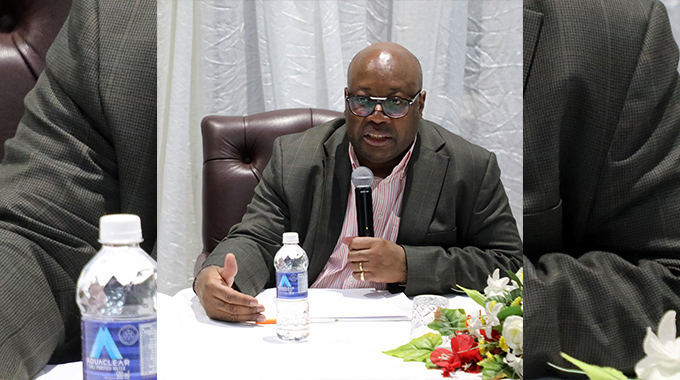AngloGold faces shareholder revolt
AngloGold Ashanti faces a possible shareholder revolt over its plans for a $2.1 billion rights issue and asset split.
Local shareholders have added their voice to that of billionaire hedge-fund manager John Paulson. Bloomberg reported him as saying this week that he would not vote in favour of the “value-destructive” transaction, which includes AngloGold’s second rights offering in six years.
Like many gold companies, AngloGold Ashanti has suffered in recent times, with its share price down 56 percent over the past three years while the JSE’s All Share index climbed 71 percent.
Paulson, whose fund is one of the biggest shareholders in AngloGold with 6,6 percent, has been pushing the miner to split into a South African and non-South African business. In a 2013 report, Paulson & Co said that splitting assets could increase AngloGold’s share price 68 percent.
With the “split”, AngloGold Ashanti will retain all of the South African assets, while a new entity, Newco, would hold all the other international assets. AngloGold would keep 65 percent of Newco, listed in Johannesburg and London, and have debt of about $1.2-billion.
But to go ahead with the split, the Reserve Bank demands that AngloGold be left debt-free – a tough ask considering the group had $3.6-billion in debt at the end of June.
It is this rights issue that has incensed Paulson and other shareholders. Investors were not impressed, accusing management of trying to use the asset split as a “good-news story” to soften the blow of its bid to raise more cash in a rights issue.
“We don’t like the transaction,” said one local asset manager, who holds a stake in the company but asked not to be named because of “sensitive discussions” with AngloGold management.
“Management previously said the balance sheet was in good health, and we think the debt is serviceable, so why the rights issue? The market is concerned there may be bigger problems it is masking by announcing the rights issue with a split,” he said.
The extent of displeasure was apparent with AngloGold’s share price falling 12,7 percent in the three days since the announcement, wiping out R8.6-billion in shareholder value.
Chris Nthithe, AngloGold spokesman, said the group made it clear that it would consult shareholders about the proposal.
“We realised we needed to push quite actively across our investor base both here in South Africa and abroad. The feedback we’re getting is that shareholders like the restructuring, but they’re struggling to come to terms with the quantum of the capital raise,” he said.
Another fund manager, who also has a stake in AngloGold, said the rights issue put the mining group at risk of breaching covenants with its funders. Like many other gold miners, AngloGold had focused aggressively on cutting costs, which would hit operational flexibility, he said.
To add to its woes, the gold price fell on Friday to $1,238.53, its lowest since January.
The gold price is down nearly 10 percent over the past six months.
“I think they’re seeing this as the opportune time to sell the ‘Neal Froneman story’ of leaner head-office costs and a greater management focus on assets – and hoping the market will be more forgiving of the rights issue,” said the fund manager.
Sibanye Gold, with Froneman as CEO, was split from Gold Fields last year, and initially consisted solely of the latter’s old, labour-intensive South African gold mines, similar to the move proposed by AngloGold.
With a more focused management team and assets no longer used as a cash cow for funds to develop mines abroad, Sibanye outperformed rivals.
“They know they’re in the dwang, and they have to put a positive spin on it or the rights issue will come at a steep discount and nobody will be happy,” the second fund manager said.
AngloGold will have the mandate to invest in other commodities, also outside of South Africa, CEO Srinivasan Venkatakrishnan said.
The group’s debt levels are unsustainable and it needs to raise equity whether or not the restructuring takes place, said Venkatakrishnan.
He said the proposed split had “nothing to do with a view on South Africa”.
“It’s not driven by geography, but value unlocking.”
The restructuring plan will be put to the vote towards the middle of next year, said Venkatakrishnan.
But given the shareholder resistance, it is unlikely to be put to a vote in its current format, said one fund manager.- Timeslive.








Comments